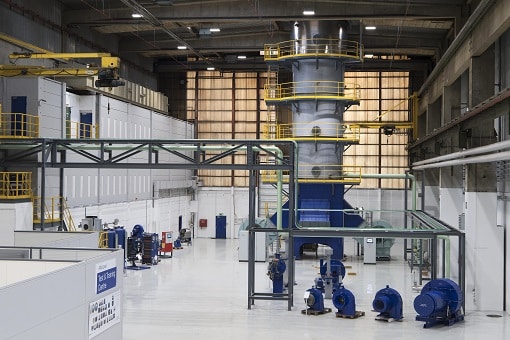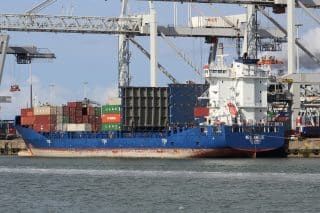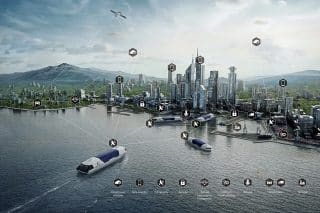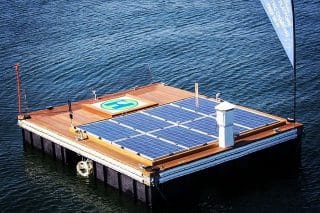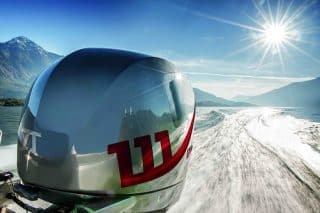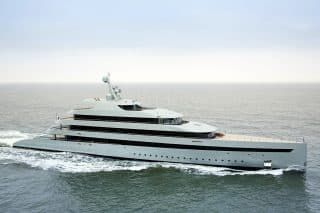Swedish maritime equipment producer Alfa Laval recently announced expansion of its test and training center in Aalborg, Denmark. The facility is now equipped for gas testing. NauticExpo e-mag was there.
The company claims the expansion makes the plant, inaugurated in 2014, the most advanced test center for environmental and combustion technologies in the world.
The original 250 m3 space is a full-sized machine room housing Alfa Laval products integrated with a 2 MW marine engine. The additional 1100 m3 will allow the company to test combustion technologies for liquified natural gas (LNG) and other potential future fuels. Recent installations include inert gas systems and an Alfa Laval Gas Combustion Unit (GCU). The GCU measures 23 meters from top to bottom and burns up to 4.5 tons of LNG per hour.
Alfa Laval foresees changes in the fuel market in coming years, but further testing of new types of fuel will be necessary. Lars Skytte Jørgensen, vice president of product center boilers at Alfa Laval, explained:
Within 15 years, it is expected that thousands of vessels will be sailing with LNG as fuel, compared to the hundreds using gas today.
“We can clearly see emission regulation driving the trend. But the success of the transition will depend in large part on advanced technology, much of which has yet to be developed.”
Anne Henningsen, marketing communications manager at Alfa Laval, told us:
The GCU will be used for tests with LNG only. Additionally, we will analyze and improve, if feasible, the combustion quality and efficiency on the GCU.
One of Alfa Laval’s latest projects is a new dual-fuel burner for gas-diesel applications in smaller boilers. The company plans to develop this into a multi-fuel solution in partnership with the Technical University of Denmark.
Henningsen says that the dual-fuel system will be tested in both large and small scale versions. The burner initially will be used with marine gas oil and natural gas. Later, small-scale testing will include methanol and other fuels.
